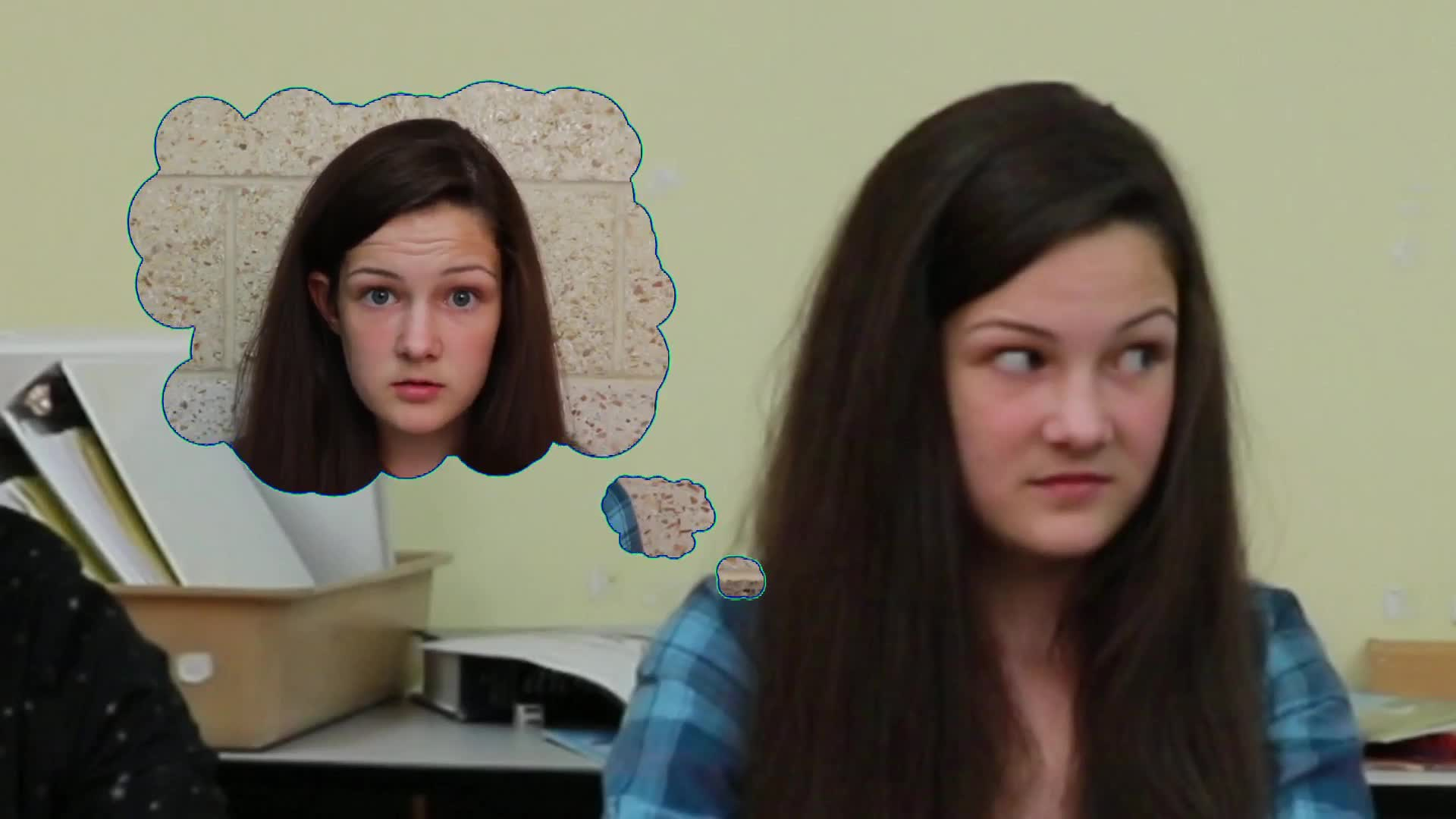
Introduction
Effective communication is a crucial skill for students in Special Education to develop. One essential aspect of communication is the ability to engage in conversations that are both meaningful and enjoyable for all participants. Conversations should not solely focus on one person or topic, as this can lead to feelings of annoyance and disinterest among the other participants. In this blog post, we will discuss an activity that educators can use to teach students how to become better conversationalists by focusing on others and not just themselves.
No-Prep Activity: The Conversation Shuffle
This activity requires no preparation or materials from the educator and can be conducted in a group setting. The goal is to help students practice engaging in conversations that involve different topics and focus on others’ interests.
- Ask students to form a circle and stand or sit in a comfortable position.
- Explain that the goal of this activity is to practice having conversations that involve a variety of topics and focus on other people’s interests.
- Start the activity by having one student share a short story or experience related to a specific topic. For example, they could talk about their favorite hobby or a recent family outing.
- After the first student finishes sharing, the next person in the circle should ask a question or make a comment related to the story, demonstrating their interest in the topic and the speaker.
- Continue this process, with each student taking turns sharing a story and asking questions or making comments about the previous speaker’s story.
- Encourage students to listen actively and show genuine interest in others’ stories by making eye contact, nodding, and using appropriate facial expressions.
By participating in this activity, students will learn the importance of focusing on others during conversations and develop the skills necessary to engage in meaningful discussions with their peers.
Discussion Questions
- Why is it important to focus on others during conversations?
- How did it feel when someone showed genuine interest in your story during the activity?
- Can you think of a time when someone only talked about themselves during a conversation? How did it make you feel?
- What strategies can you use to show interest in others during a conversation?
- How can practicing these conversation skills help you build stronger relationships with your peers?
Related Skills
Developing effective conversational skills is closely related to other crucial Social-Emotional Learning components, such as:
- Active listening
- Empathy
- Self-awareness
- Conflict resolution
- Assertiveness
By fostering these related skills, educators can help students become more well-rounded communicators and enhance their overall social-emotional development.
Next Steps
Teaching students to engage in meaningful conversations by focusing on others is an essential component of Social-Emotional Learning. To further support your students’ development in this area, we encourage you to sign up for free samples of the discussed skill and other related resources at Everyday Speech. These materials can provide additional guidance and activities to help students improve their conversational skills and foster stronger relationships with their peers.

